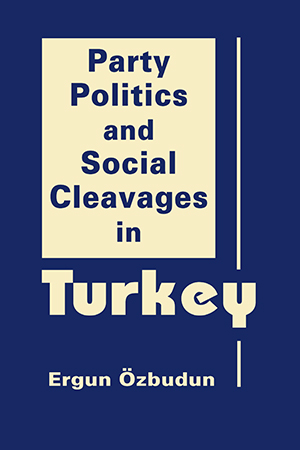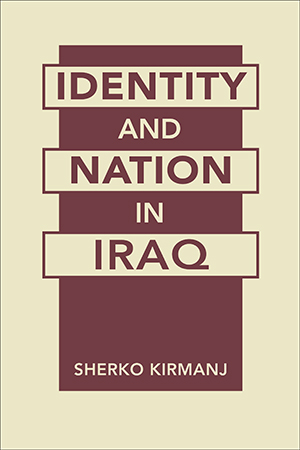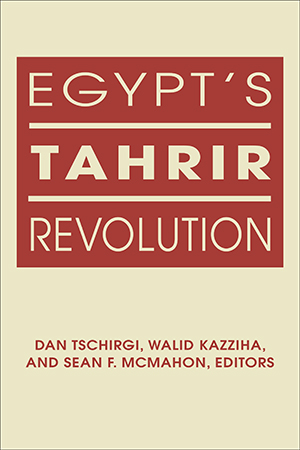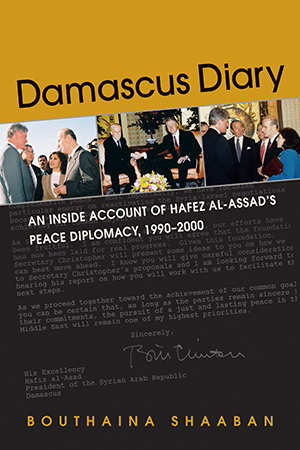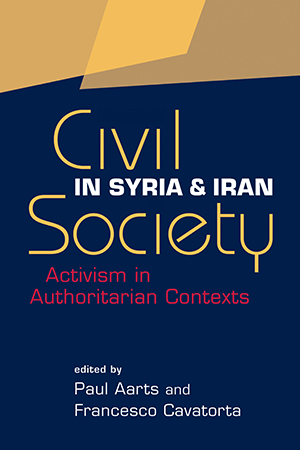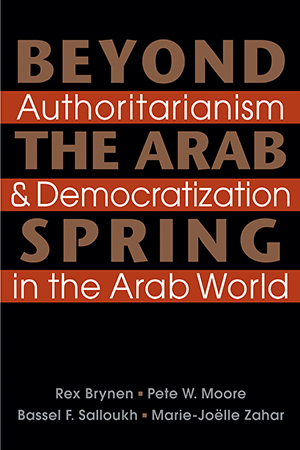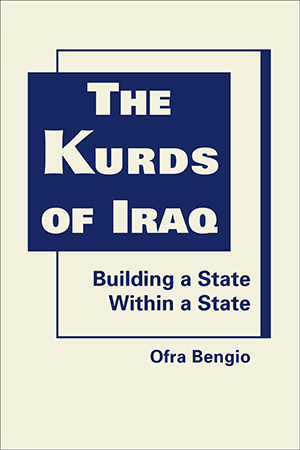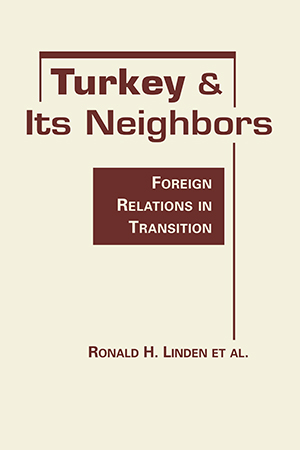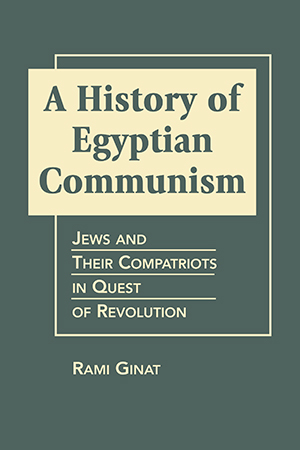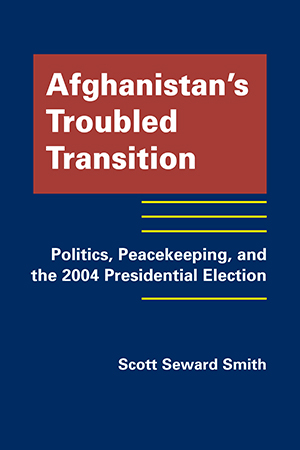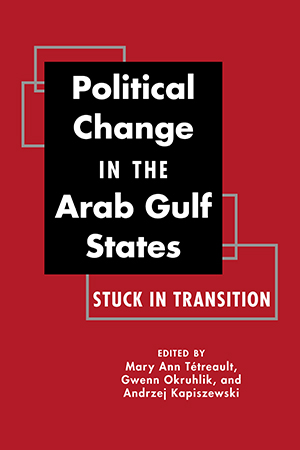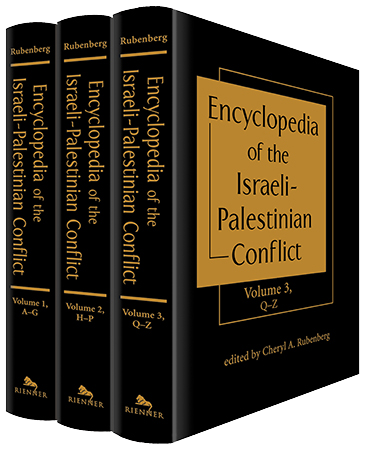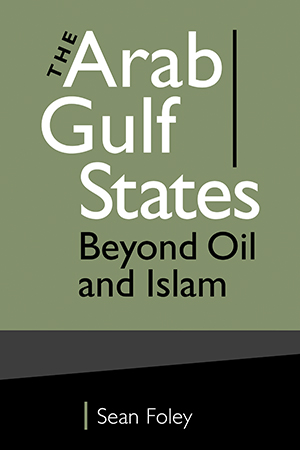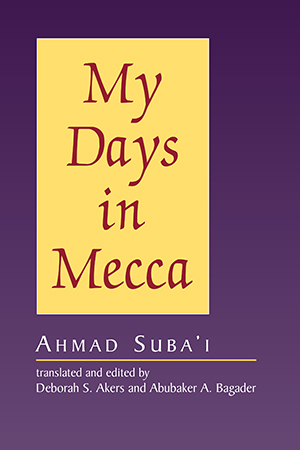Middle East
Despite radical changes in Turkish politics since the transition to a multiparty system in the mid-1940s, the center-right parties have consistently won an electoral majority. Why? How have More >
Sherko Kirmanj offers a balanced, critical analysis of the evolution of Iraqi national identity and the process of national integration, tracing a history of antagonisms and violence that More >
The 18-day revolt that ended Hosni Mubarak's 30 years of rule marked a historic turning point in the political fortunes not only of Egypt, but of the entire Middle East. While the impact More >
Bouthaina Shaaban worked closely with Syria's president Hafez al-Assad from 1990 until the time of his death, serving as both official interpreter and adviser. Her new book, part memoir More >
What are the dynamics of civic activism in authoritarian regimes? How do new social actors—many of them informal, "below the radar" groups—interact with these regimes? More >
For years the authoritarian regimes of the Arab world displayed remarkable persistence. Then, beginning in December 2010, much of the region underwent rapid and remarkable political More >
Ofra Bengio explores the dynamics of relations between the Kurds of Iraq and the Iraqi state from the inception of the Baath regime to the present. Bengio draws on a wealth of rich source More >
Recent years have seen dramatic changes in the nature, direction, and impact of Turkey's foreign relations in its neighborhood—a region that encompasses Europe, the Middle East, More >
Rami Ginat offers an entirely new reading of the evolution of communism in Egypt, including the central role of Egyptian Jews in both its development and its impact on Egypt and the wider More >
Scott Seward Smith focuses on Afghanistan's 2004 presidential election—the first popular election ever held there—as he explores the painstaking attempt by the United Nations More >
Although reform movements have been prominent in varying degrees in most Middle Eastern countries for some time, the recent cascade of events has generated new pressures for democratization More >
ForeWord Magazine's Reference Book of the Year! The three-volume Encyclopedia of the Israeli-Palestinian Conflict is the first authoritative reference source to provide comprehensive, More >
If petroleum buys political legitimacy in the Arab Gulf states, how can we explain the rise of dissent and calls for political reform despite sustained oil revenues? The answer, according to More >
Spanning more than a century, this systematic study brings to the forefront a dazzling array of novels by Arab women writers. Bouthaina Shaaban's analysis ranges from the work of More >
Ahmad Suba'i's autobiography is the story not only of an Arab boy growing up in Saudi Arabia at the turn of the twentieth century—to become a noted writer, educator, and social More >


